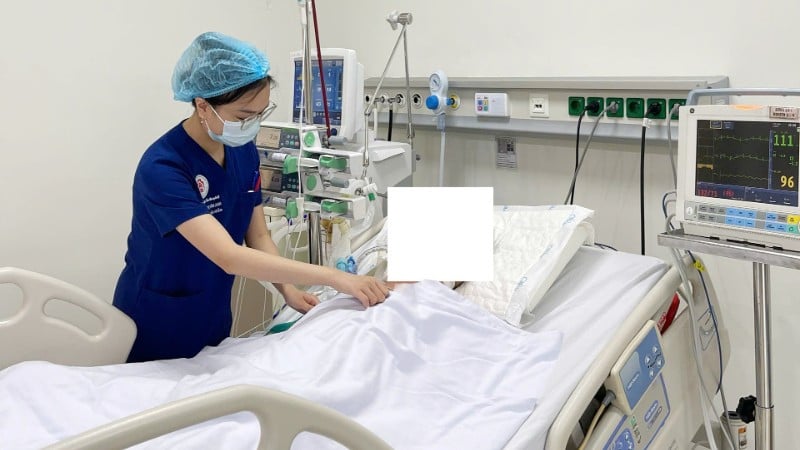
Two weeks before admission, the patient suffered a wound on the lower third of his right forearm while breaking a tree branch. He self-administered first aid and cared for the wound at home, without receiving tetanus antitoxin (SAT) vaccination. After 10 days, the patient showed symptoms of continuous, increasing stiffness of the jaw, spreading to the muscles of the neck, nape, back and abdomen.
The patient was treated at the previous hospital for 3 days, then transferred to the 108 Military Central Hospital in a state of continuous stiffness of the whole body, increased phlegm secretion, high risk of respiratory failure. The wound on the forearm was crusted, with white pus underneath.
The patient was diagnosed with generalized tetanus, full-blown stage, and was treated intensively with mechanical ventilation, high-dose seduxen, SAT, antibiotics, intensive nutrition, and prevention of ulcers and secondary infections. After 3 weeks of comprehensive treatment, the patient's seduxen dose was reduced, he could breathe on his own, and was treated at the next level.
Tetanus is an acute and life-threatening infection caused by the bacterium Clostridium tetani; the neurotoxin of the bacterium causes muscle spasms, especially of the jaw, facial, and neck muscles, and can then spread to the muscles of the whole body and be accompanied by generalized convulsions, causing complications of respiratory failure and circulatory arrest.
Tetanus spores survive for a long time in soil, sand, dust, human or animal feces, then enter the human body through open wounds. Therefore, when there is an open wound at risk of infection, the patient should receive proper first aid at home or at a medical facility to prevent tetanus.
In addition, tetanus has a very diverse incubation period, from a few days to a few weeks. During the follow-up process after the injury, if typical symptoms of the disease appear such as continuous, increasing stiffness of the jaw, causing difficulty speaking, difficulty swallowing, and a tendency for stiffness to spread to other muscles, the patient should go to a medical facility for examination.
To actively prevent tetanus, people should be vaccinated against the disease. Those who have completed the tetanus vaccination regimen should be re-vaccinated after 5-10 years to enhance the specific immune response. In particular, tetanus is one of the infectious diseases that does not leave protective immunity after infection. Therefore, even patients who have recovered from tetanus need to be vaccinated against the disease to avoid reinfection.
Source: https://nhandan.vn/chu-quan-khong-dieu-tri-vet-thuong-nhe-nguoi-benh-mac-uon-van-toan-than-post905631.html








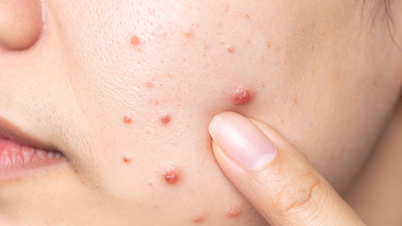

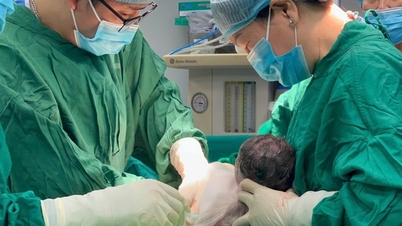
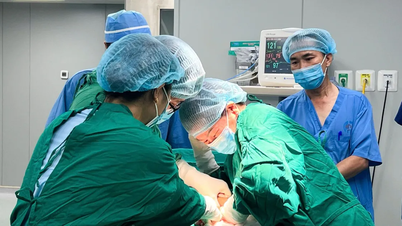

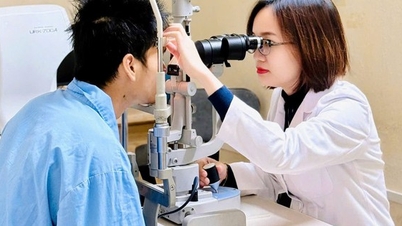
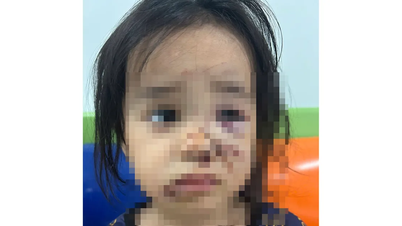









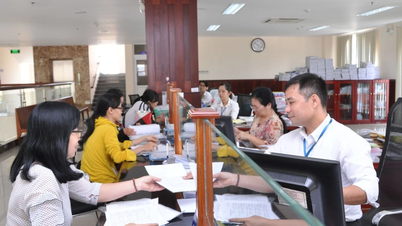













































































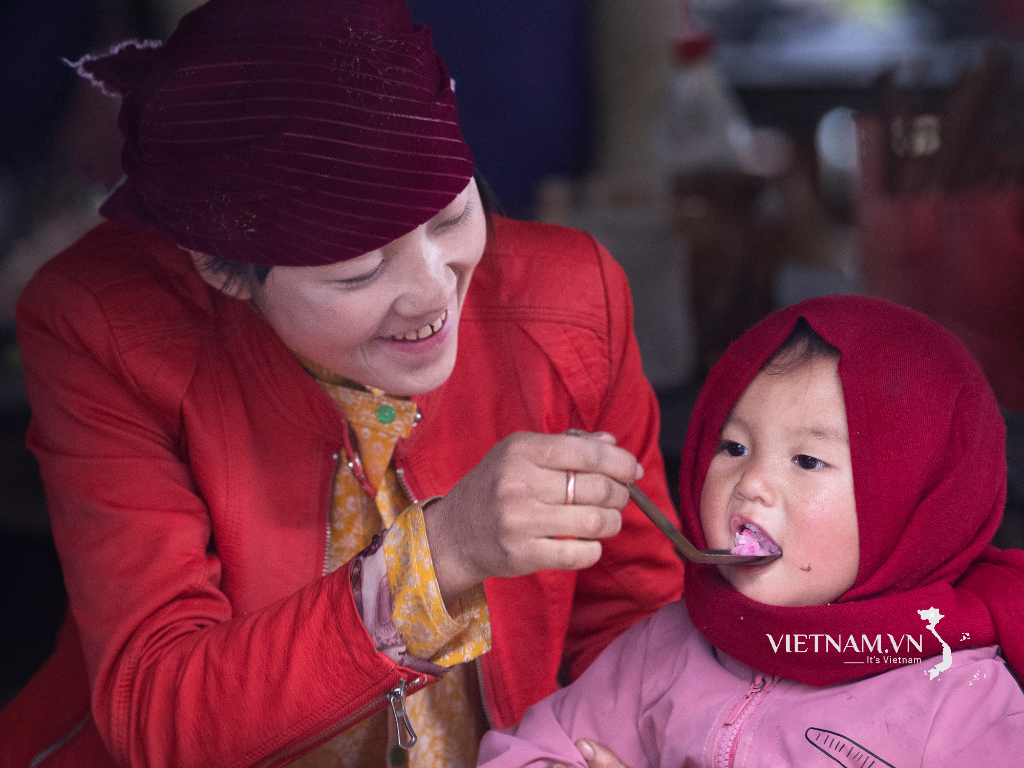




Comment (0)